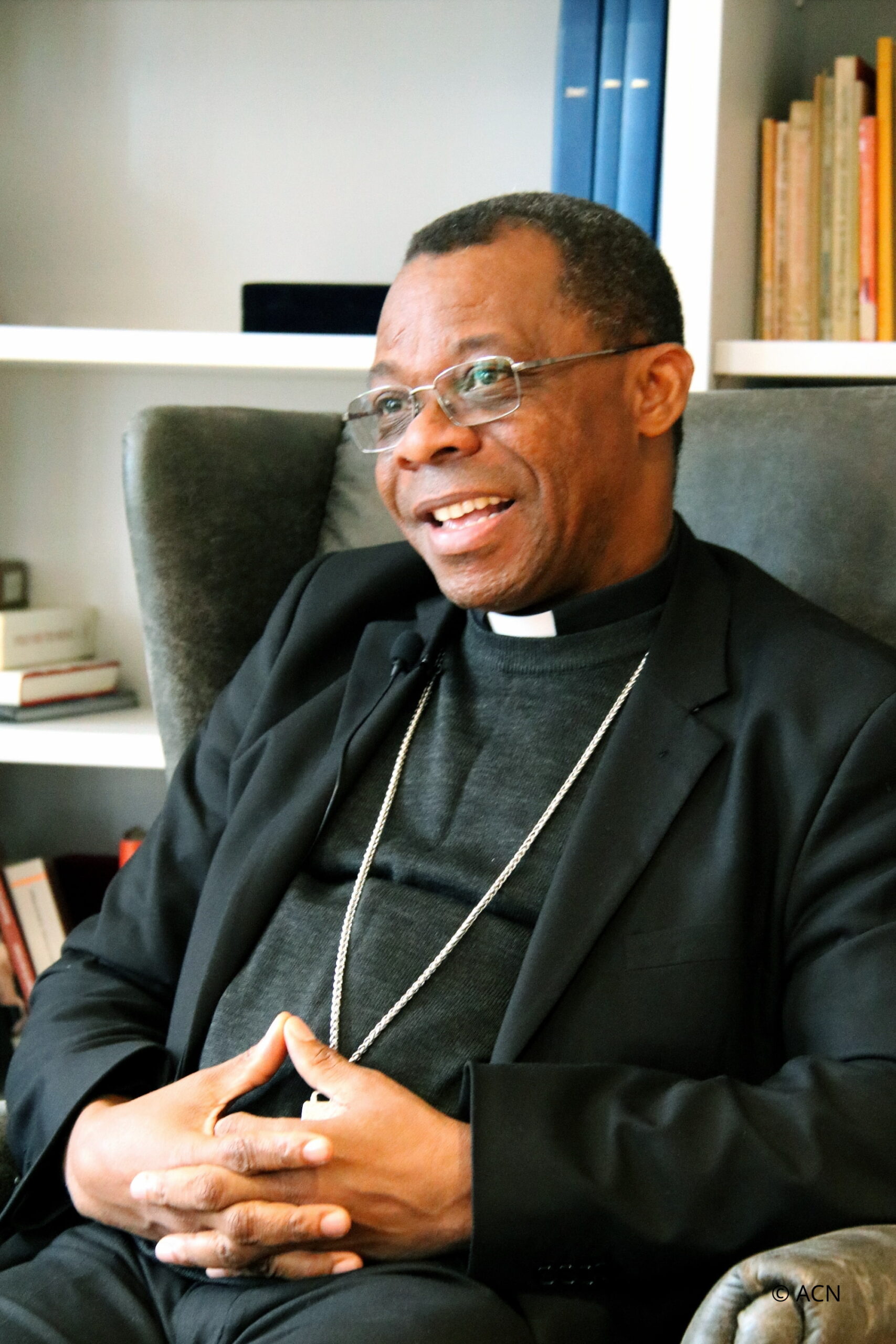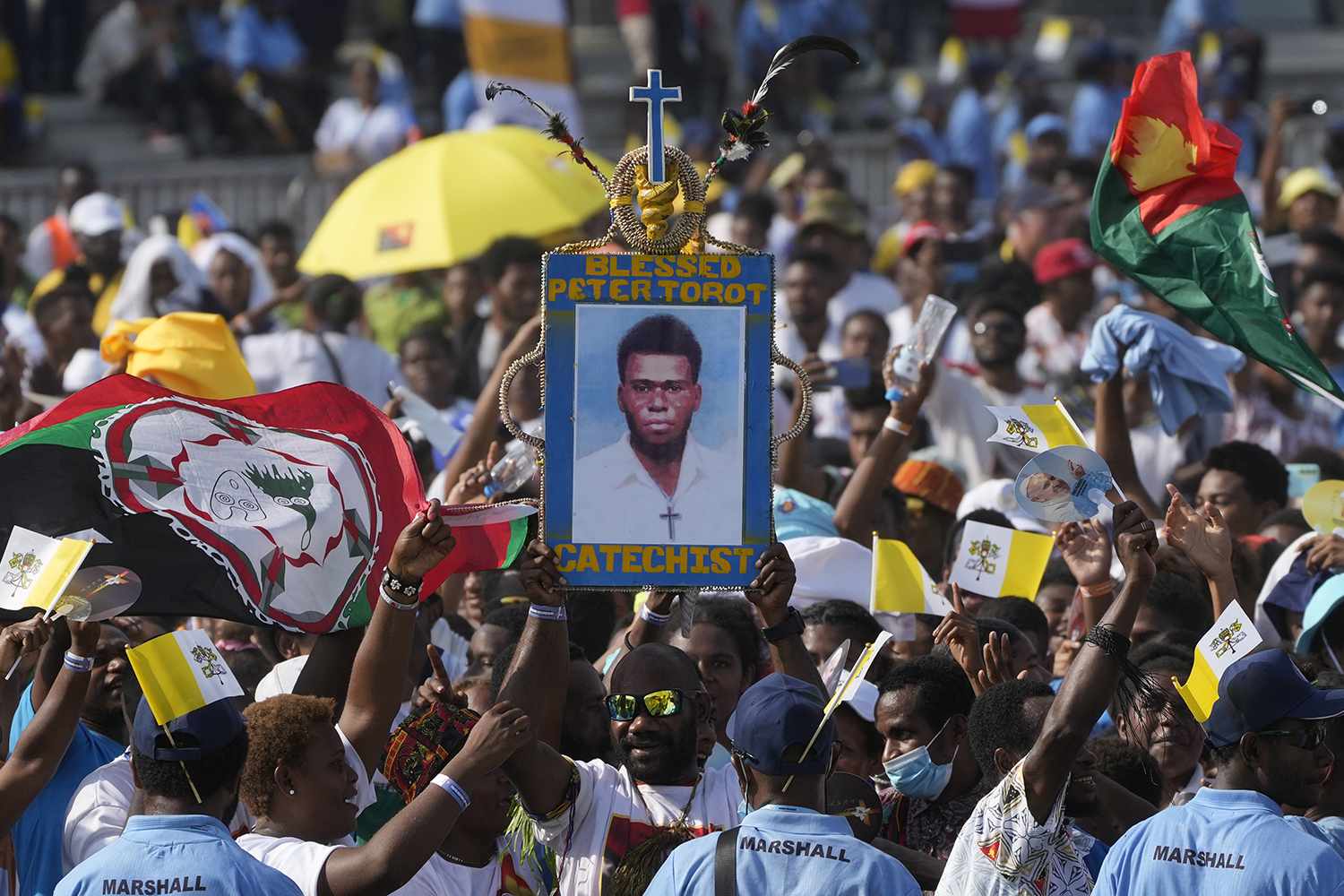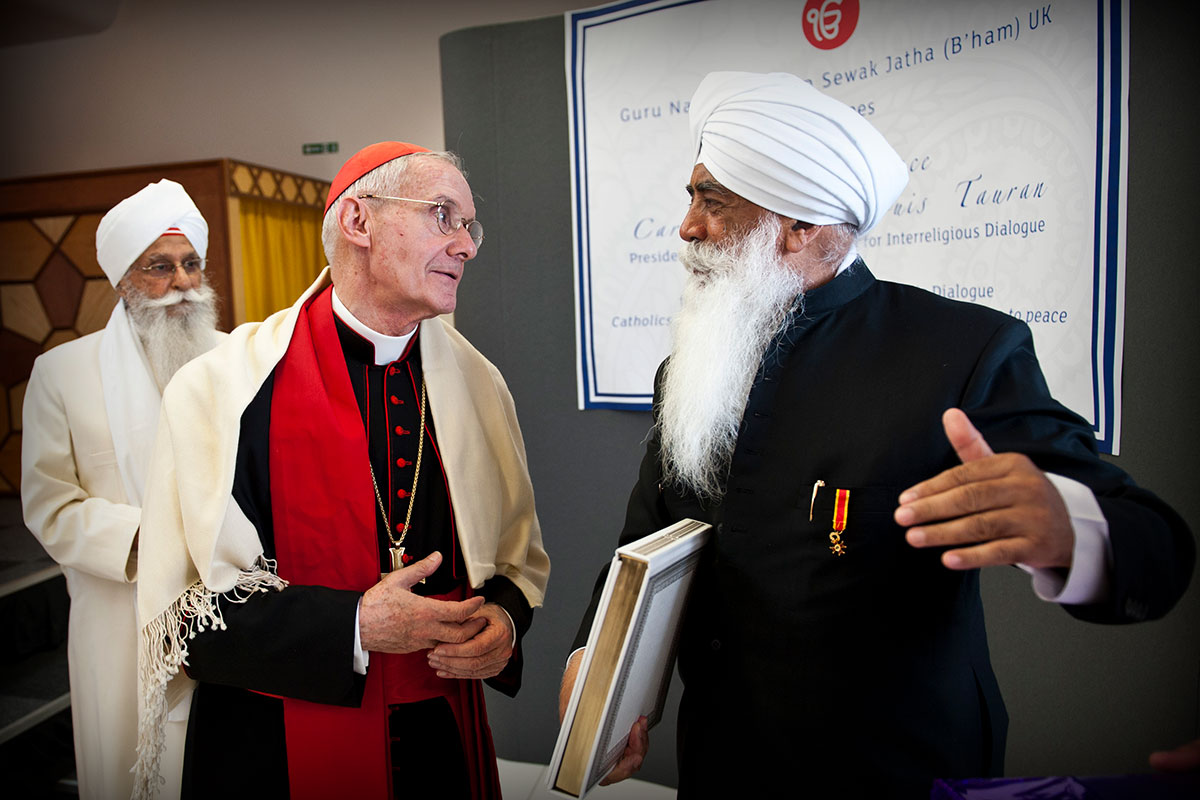Global Migration Crisis
Joaquim Magalhães de Castro
At least 8,565 people died on migration routes around the world in 2023, making it the deadliest year on record, according to data published last month (March 6) by the International Organization for Migration.
The Mediterranean route remains the most dangerous, with at least 3,129 people killed or missing. Most deaths in Africa occur in the Sahara desert and on the sea route to the Canary Islands. It is important, however, to bear in mind that the official numbers are underestimated, with the real number of deaths possibly being much higher.
Dom Miguel Ángel Nguema Bee, from the Diocese of Ebibeyin, in Equatorial Guinea, during a visit to the headquarters of the international Catholic charity ‘Aid to the Church in Need (AIS)’ highlighted the need to find a more effective way of dealing with global poverty, which is at the origin of the overwhelming majority of illegal emigration.
According to Dom Nguema Bee, the main driver of migration is poverty, and, “unfortunately, due to corrupt governments and inefficient structures” the aid sent by international organizations very rarely reaches those most in need. Instead of relying solely on governments, this African bishop suggests a more direct approach through local organizations such as the Church, women’s or youth associations, and foundations. “These entities could provide much more direct and efficient help, granting, for example, scholarships to young people in vulnerable situations,” says Dom Nguema Bee.
Dom Miguel Angel Nguema Bee was one of three priests who on May 20, 2017 – a fundamental stage for the consolidation of the Catholic Church in Equatorial Guinea – were ordained bishops by Cardinal Fernando Filoni, the then Prefect of the Congregation for the Evangelization of Peoples. In the Eucharistic concelebration, held in the cathedral of Mongomo (attended by several bishops from neighboring countries and by the Apostolic Nuncio, with the presence of the President of the Republic and several other authorities), two new dioceses would be inaugurated. These were the words spoken by Cardinal Filoni: “The new face of the Church in Equatorial Guinea is the fruit of “missionary work begun in the past by many courageous evangelizers who dedicated their lives to the Gospel and to the poor”, and aims at “a further and appropriate form of the Church in this country.” The Cardinal then urged the three candidates for the episcopate to be “brave men and authentic witnesses of faith”; and then invited everyone present to love their bishops and priests, “not because they are perfect, but because the Lord has called them to his service”. Days later, on May 24, on the occasion of the feast of Mary Help of Christians, Dom Miguel Angel Nguema Bee, who belongs to the Salesian congregation, would take possession of his diocese, Ebebeyin.
During the conversation with the AIS reporter, Dom Miguel insisted on another issue that influences (and in what way!) the migratory torrent; that is, the insistent promotion of a false image of tranquility and prosperity in the West. This fact encourages many Africans to migrate, almost always illegally. “Misleading advertising and promises of easy money made by the sports industry are mainly responsible for promoting this illusion,” highlights the prelate. He adds: “The West presents a false idea of easy solutions, which is a mirage and contributes to a false sense of security. The easy money schemes that are presented directly contribute to this problem”.
According to the bishop, the truth is that migrating is always a difficult decision and doing it illegally represents a huge risk. Many people never reach their destination and, for those who do, it can take five to ten years to regularize their situation. “Of course, there are also real benefits, such as better economic opportunities and more security, but sometimes, when I travel around Europe, people ask me things like ‘please bring me a phone,’” recalls the Salesian. Until they reach their El Dorado, migrants do not understand the difficulties they will face. They don’t realize how difficult future life can be. “It is essential that we draw a more realistic picture of the difficulties that migrants face in their search for a better life,” concludes Dom Miguel.
Returning to the issue of international development aid, Dom Miguel Angel Nguema Bee insists on the need to stimulate local economic activity, instead of encouraging dependence. “It is crucial that we help create structures that drive self-sufficiency and sustainable development so that people can move forward without having to constantly rely on external help,” he says.
The prelate of Equatorial Guinea also insists on the importance of a non-paternalistic approach, saying that aid should not be linked to ideology and new forms of colonialism. “Aid is often conditioned on the recognition of values that are not present in the local culture. The imposition of issues such as abortion, gender diversity or the penetration of religious sects are signs of this new colonialism,” explains Dom Miguel, highlighting the importance of respecting and valuing local culture when providing aid.


 Follow
Follow


